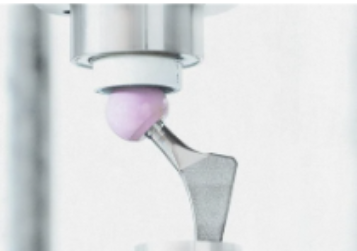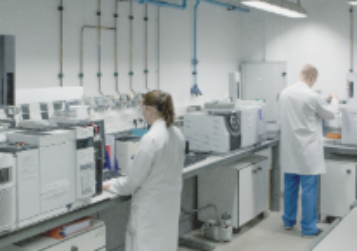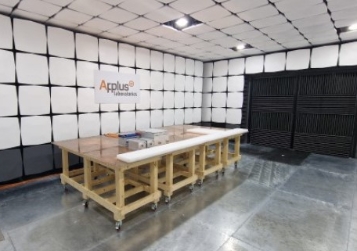Medical Devices & Healthcare
Testing Services for Medical Devices
One-Stop-Shop Testing for Medical Devices
 Biomechanical Testing
Biomechanical Testing
- Medical Material and Coating Testing
- Wear Testing
- Corrosion Testing
- Static and Dynamic Testing
- Metallography– Microstructure Analysis
- Damage Analysis
- Surface Testing
 Chemical Testing
Chemical Testing
 Packaging Testing
Packaging Testing
- Real-time and Accelerated Aging
- Temperature Validation
- Transit Test Simulation
- Sterile Barrier
- Packaging Validation for Medical Devices

